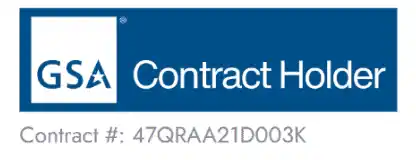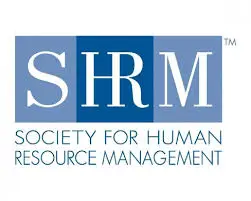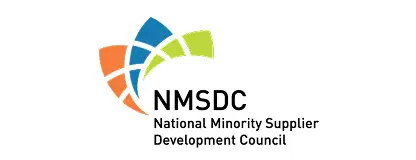Tax Credit Extension for Paid Sick Leave
In the new $900B COVID Relief Bill, Tax Credits for Emergency Paid Sick Leave and EFMLA will be extended to March 31, 2021. The relief bill just became law. It answers the question of whether federal Emergency Paid Sick Leave (EPSL). It also stipulates that the Emergency Family and Medical Leave (EFMLA) will be extended.
The answer is yes, but it’s an option, not a requirement. Here’s what employers need to know:
- Offering EPSL and EFMLA after December 31 will become optional for employers.
- An employee will no longer be entitled by law to take EPSL or EFMLA, even if they have a qualifying reason.
- Employers who choose to offer these paid leaves can still receive a tax credit if they follow the current EPSL and EFMLA rules, including job protection.
- The extension of the tax credit will be available for leaves taken through March 31, 2021.
- Employees will not get new hours to use—the unused portion of their original allotment that remains on January 1 is how much they will be able to use through March 31, 2021. For instance, if an employee who was entitled to 80 hours of EPSL between April 1 and December 31 used 40 of those hours in 2020, they’d have 40 hours left to use between January 1 and March 31, 2021.
- There is a possible exception when an employee’s EFMLA bank could reset if employers use the calendar year or another fixed FMLA tracking period that starts before March 31 and the DOL fails to readopt the regulations they wrote related to EFMLA. We expect the IRS, DOL, or both, to provide guidance soon that will clear up whether certain employers will need to offer additional hours.
Extension of several other benefits from previous coronavirus-related legislation
The new law also extends or revives several other benefits from previous coronavirus-related legislation, some of which are listed below. Such legislation includes but not limited to the FFCRA and the PPP.
These aspects of the law are outside the scope of our services, so we are unable to answer follow-up questions.
Some of the notable provisions include:
- Individual payments of $600 for people with incomes at or below $75,000 and $600 per dependent child, with payments phased out for higher incomes
- A $300 weekly supplemental unemployment benefit, through March 14, 2021
- Extension of Pandemic Unemployment Assistance (for gig workers and the self-employed) and Pandemic Emergency Unemployment Compensation (for those who run out of state unemployment insurance benefits), through March 14, 2021
- Reopening and refunding of the Paycheck Protection Program (see your financial or tax advisor for additional information)
We will keep you posted on future developments on the tax credit extension and clarifications as they become available.
NPR has a nice coverage of the details of this tax credit extension for your further reading. Check it out.





